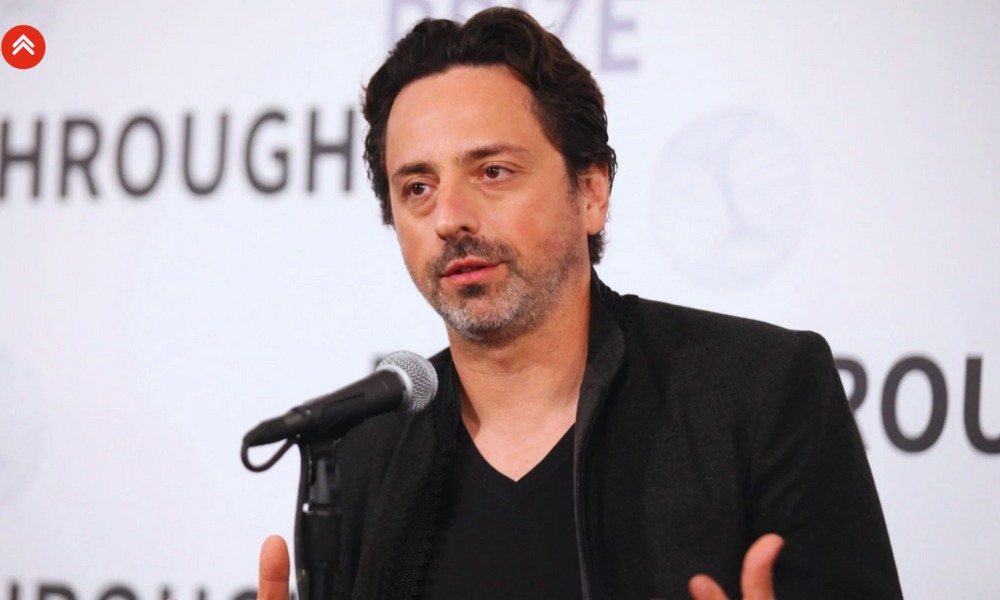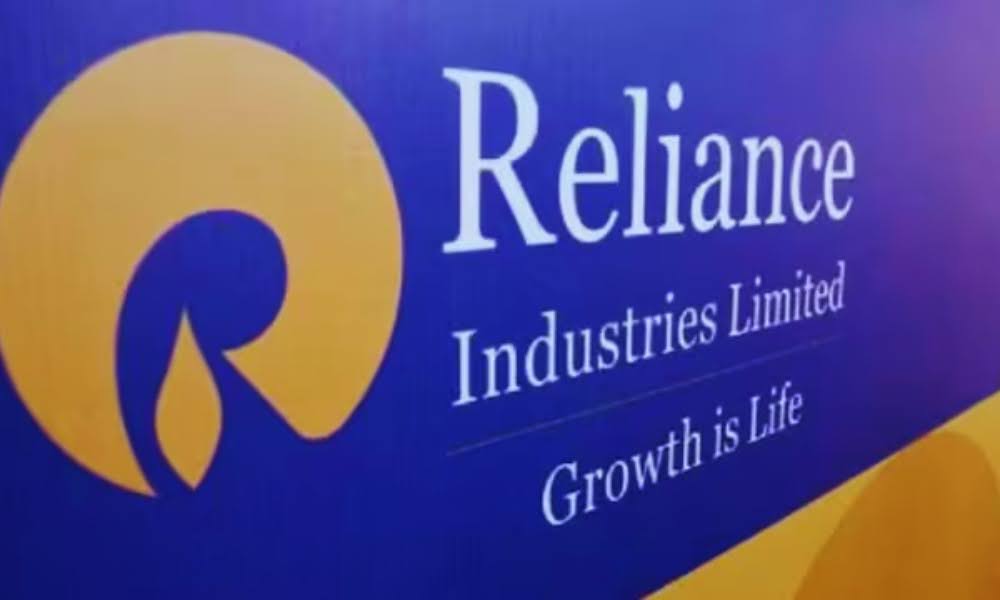Sergey Brin Pushes Google Employees to 60-Hour Office Weeks Amid AI Race

Google’s co-founder, Sergey Brin, has urged employees to dedicate at least 60 hours per week in the office as the company faces fierce competition from OpenAI, Meta, Elon Musk’s xAI, and China-based DeepSeek.
In an internal memo on February 26, Brin emphasized that working from the office daily would maximize productivity.
“I recommend being in the office at least every weekday. Sixty hours a week is the sweet spot of productivity,” Brin wrote in his message to employees working on Gemini, Google’s suite of AI models and applications.
Brin further noted the increasing competition in AI development, stating, “Competition has accelerated immensely and the final race to AGI is afoot.”
He expressed confidence in Google’s ability to emerge victorious but stressed the need to “turbocharge our efforts.”
Productivity Expectations at Google
Brin’s memo suggests that employees may need to work 12-hour shifts each weekday. He also criticized some employees for not contributing enough.
“A number of folks work less than 60 hours, and a small number put in the bare minimum to get by. This last group is not only unproductive but also can be highly demoralizing to everyone else,” he stated.
Since the launch of ChatGPT in 2022, which ignited an AI revolution in Silicon Valley, Google has been striving to reinforce its reputation as a leader in artificial intelligence.
However, Brin’s memo does not indicate a change in the company’s official return-to-office policy, which currently requires employees to be in the office at least three days a week.
Brin’s Continued Influence in Google’s AI Development
Brin stepped down as Google’s chief in December 2019 but still holds a seat on its board and plays an active role in AI research and development.
His recent push for increased office presence and longer work hours highlights his commitment to maintaining Google’s leadership in AI.
Industry-Wide Debate on Extended Work Hours
The demand for extended work hours is not unique to Google. Earlier this year, L&T Chairman SN Subrahmanyan stirred controversy by suggesting employees work even on Sundays, advocating for a 90-hour workweek.
“How long can you stare at your wife?” he controversially asked, implying employees should prioritize work over personal time.
Similarly, last year, Infosys co-founder Narayana Murthy suggested a 70-hour workweek.
Brin’s emphasis on a 60-hour workweek aligns with these industry trends, particularly as companies seek to optimize productivity while controlling hiring costs.
Brin’s Push to Maintain Google’s AI Edge
Sergey Brin’s memo underscores Google’s urgency in the race to artificial general intelligence (AGI). The competition has intensified, particularly with OpenAI and Microsoft making rapid advancements.
Brin believes that Google can emerge victorious if employees significantly increase their efforts.
He wrote, “I think we have all the ingredients to win this race, but we are going to have to turbocharge our efforts.”
In addition to longer work hours, Brin encouraged engineers to leverage Google’s AI models to enhance their efficiency in coding, asserting that this would make them “the most efficient coders and AI scientists in the world.”
Balancing Productivity and Burnout Risks
Brin acknowledged the risk of burnout from excessive work but maintained that 60 hours per week is the optimal threshold.
His push for longer work hours is also part of a broader corporate trend where companies, including Amazon and JPMorgan Chase, are tightening hybrid work policies to improve productivity.
Although Google’s official policy remains unchanged, Brin’s memo signals a shift toward a more demanding work culture within the AI sector.
Google’s Strategy to Stay Ahead in AI
Google’s AI ambitions require increased efficiency and dedication from its employees.
Brin urged them to use in-house AI tools to enhance productivity, believing that their ability to innovate will determine the company’s position in the AGI race.
His closing message in the memo reiterated the urgency: “Competition has accelerated immensely and the final race to AGI is afoot.”
Brin remains confident in Google’s ability to dominate AI development but insists that achieving this goal will require extraordinary effort from his workforce.









